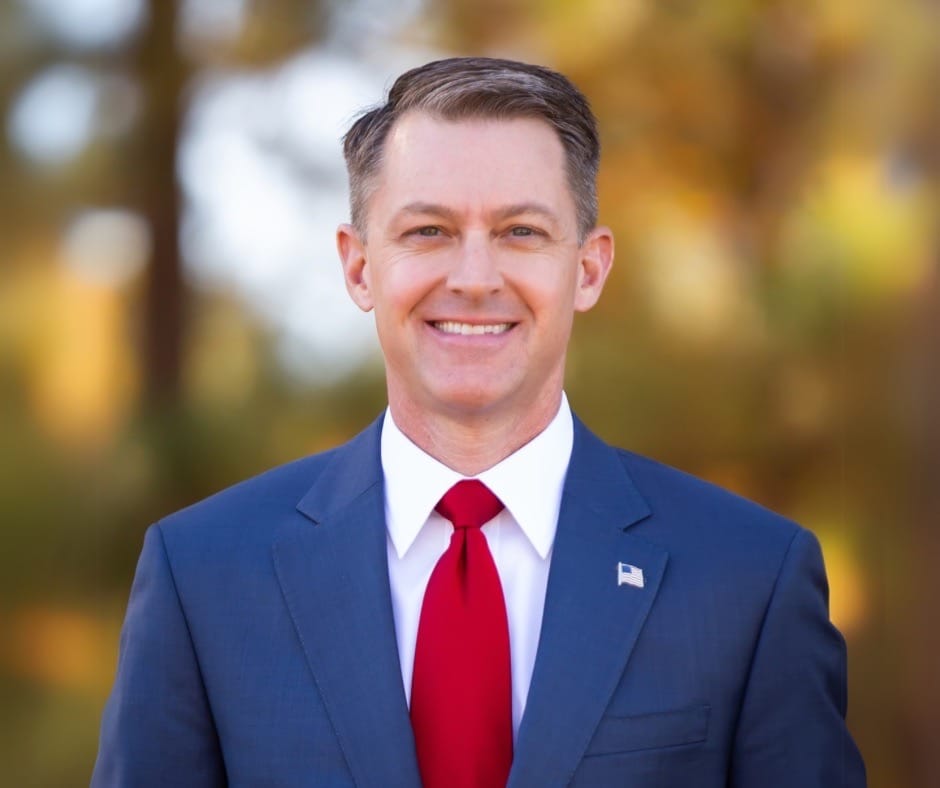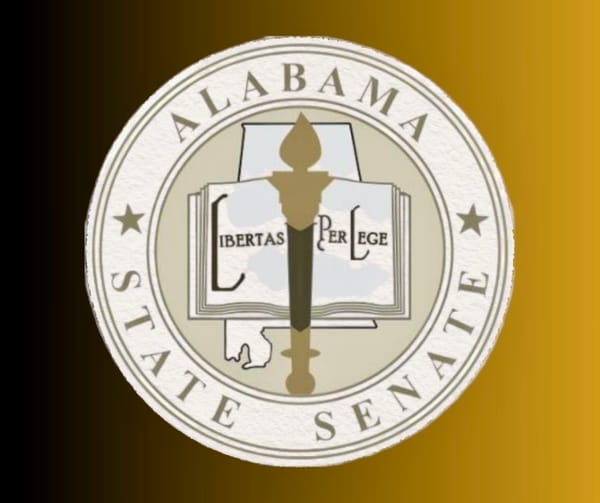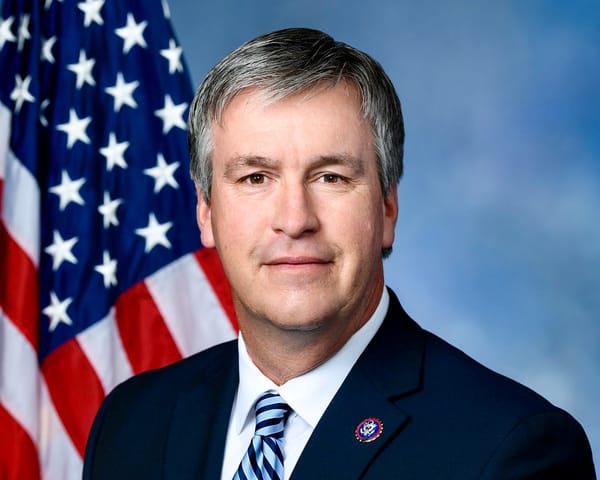Alabama Moves to Require “Natural-Born Citizen” Status for Top State Offices
SB 21 amends AL Constitution to require that officeholders be natural born citizens of the United States

Alabama Secretary of State Wes Allen is backing a proposed constitutional amendment that would require all of the State’s elected constitutional officers to be natural-born citizens of the United States. The bill, SB 21, will be carried in the Senate by Senator Donnie Chesteen (R-Geneva).
In a statement issued by Allen’s office, Chesteen said:
“I am excited to get this legislation passed and put the amendment on a ballot for a vote of the people. When Wes Allen approached me with the idea of mandating that all of our State’s elected constitutional officers must be natural-born citizens of the United States, I told him that I wanted to work with him as the Senate Sponsor on this legislation and make this a part of Alabama’s Constitution. Most people believe that is already a requirement and so we should ensure that we make it a prerequisite for serving.”
Allen praised Chesteen’s work on the bill, saying:
“Senator Chesteen is as passionate about this legislation as I am. For the same reasons our founding fathers sought to ensure that our nation’s leader was a natural born American citizen, we believe the same standard must be required of those operating in the highest levels of our state government,” Allen explained. “I am confident that the vast majority of Alabamians join us in wanting to strengthen our state Constitution to put Alabama first and to counteract any potential future influence from abroad.”
State Representative Rhett Marques (R-Enterprise) will carry the measure in the House.
SB 21 would change who is eligible to hold many of Alabama’s top offices by requiring that officeholders be natural-born citizens of the United States. To accomplish this, the amendment would add or revise portions of Sections 47, 117, 132, 138, 146, 160, and 262 of Alabama’s Constitution of 2022.
Under current law, various offices already have citizenship or residency requirements. SB 21 would extend and standardize those to natural-born citizen status for:
- Governor and Lieutenant Governor
- Justices of the Alabama Supreme Court and Judges on Appellate, Circuit, and District Courts
- Members of the Legislature
- Other State constitutional officers (Attorney General, Auditor, Secretary of State, Treasurer, Commissioner of Agriculture and Industry)
- Members of the State Board of Education
- Local elected offices including Sheriff, District Attorney, Circuit Clerk, or Constable
In its current form, SB 21 makes no mention of certain local offices, including County Commissioners, Mayors or City Council members.
While Secretary Allen has framed this as a “common sense” move that “insulates our highest elected officials from any type of foreign influence,” the bill’s language raises questions about its constitutionality. SB 21 would make Alabama the first State to make a distinction between natural-born and naturalized citizens vis à vis holding high office—a distinction that only exists at the federal level for the President and Vice President.
Some questions will be raised about SB 21. Does the bill violate the 14th Amendment’s Equal Protection clause? By creating a discriminatory barrier between two types of citizens, does it violate the Privileges and Immunities clause of the 14th? Finally, as the 14th’s Due Process clause requires that State laws which restrict liberty or property rights must be justified, does this bill adequately justify the restrictions on the liberty rights of naturalized citizens that it imposes?
“Common sense” and Allen’s assertion that he’s “confident that the vast majority of Alabamians” will support SB 21 are no guarantee that the courts—and ultimately, SCOTUS—will allow SB 21 to stand.
The courts might uphold such a law only if Alabama can show a compelling reason to require the citizenship dual-standard SB 21 creates (beyond the pure symbolism involved) and that the rule is narrowly drawn—a high bar for any such bill. Realistically, opponents will likely have strong arguments that it conflicts with federal constitutional protections.
Regardless of whether or not it will ultimately pass the SCOTUS test, SB 21 has been introduced. It will likely be a contentious topic in the upcoming legislative session, which happens to fall immediately before the May 19, 2026 primary election. And, should the bill pass the Legislature, it would then be on the ballot in the general election as a constitutional amendment on November 3, 2026.
The full text of SB 21 as currently filed is available HERE.




